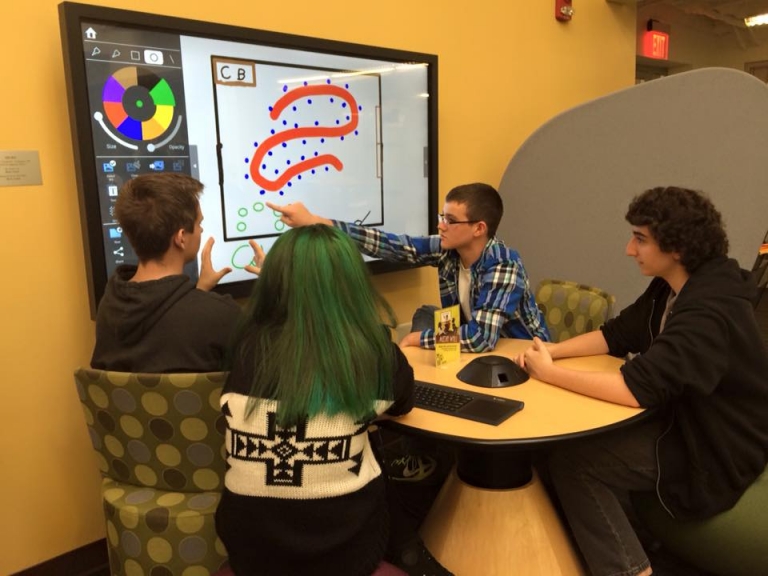Academic Word Choice
Concision and Clarity:
In academic writing, the best option is always the most precise option. This means if you can convey an idea with one word as easily as you can with two, you should generally choose the shortest, clearest option, especially when it comes to verbs.
Informal:Braiker talks about how the roles of today’s fathers are different than in previous generations.
Formal: Braiker explains how the roles of fathers have changed from previous generations.
Notice that in the example above, changing “talks about” to “explains” creates a clearer understanding of Braiker’s purpose. We also replaced “different” with “changed” to clarify how the roles differ. This substitution is an attempt to avoid vague words, which can create problems with clarity. Other vague words to look for and replace include: some, thing, and get.
For concision purposes, it’s best to eliminate unnecessary words (which tend to be adverbs). Adverbs intended to convey emphasis often fall short, leaving you sounding too zealous:
Example: “The doctor at the hospital really believed that the patient was very sick. As a result, he prescribed way too much medicine and the patient went from very sick to very, very sick.”
The over-use of qualifiers makes the writer sound like he/she is trying too hard to make his/her point.
Audience-Appropriate Words/Phrases:
It’s always important to think about whom your audience is and whether or not they’ll understand your word choice. For this reason, slang, regionalisms, colloquialisms, and jargon may not be appropriate for academic writing. If there is any question about whether or not your audience will understand a phrase, you should avoid it.
It’s also important to match the diction of the field in which you are writing. These choices go beyond the issues of clarity and concision to help establish you as a credible author. For instance, most academic audiences favor technical terminology over the everyday terms:
Kids=Children
Teenagers=Adolescents
Old people=Elderly
These choices also apply to the conjunctions and nouns you use. For instance, the use of “so” is considered informal and should usually be replaced. Additionally, academic audiences look for strong statements devoid of bias. To help establish that tone, you should eliminate hesitant, personal phrases such as “I think,” “I believe,” and “In my opinion.”
When in doubt, read articles written in your field to determine the appropriate language choices.

